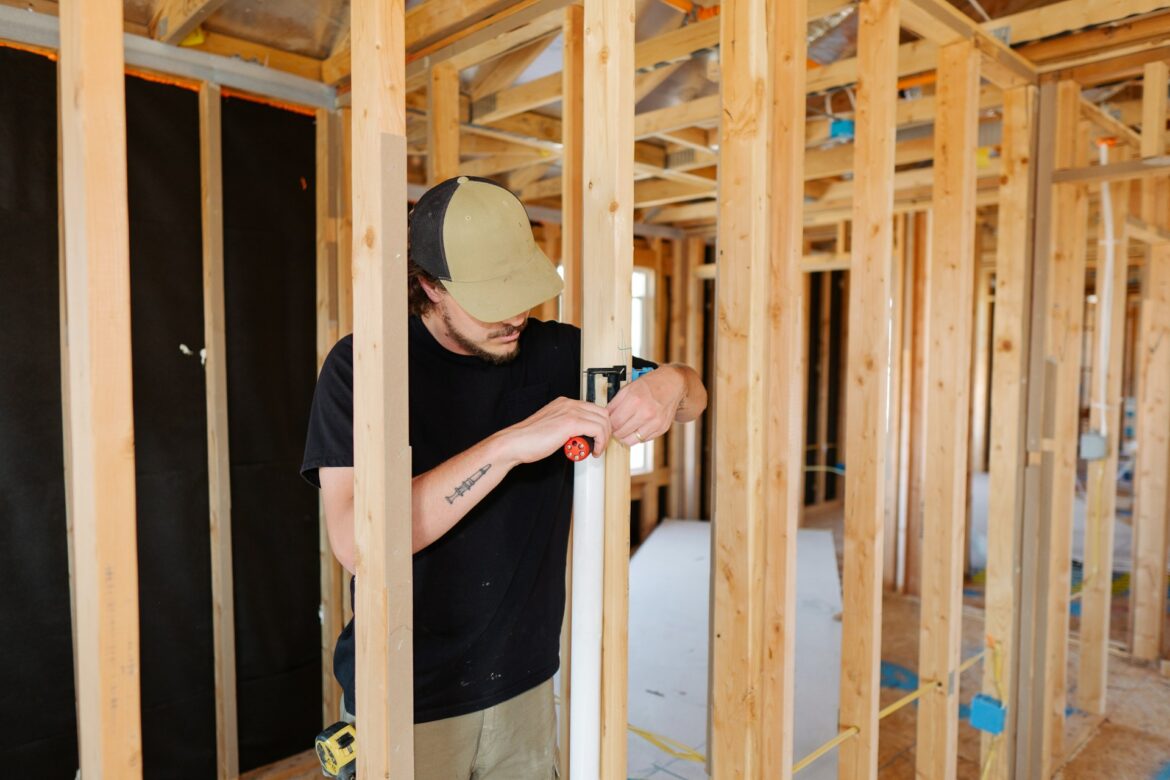The federal government has announced a $9-million investment to help 1,500 internationally trained trades workers obtain Red Seal certification, aiming to alleviate labour shortages in the construction sector.
Employment Minister Randy Boissonnault announced the funding for the United Brotherhood of Carpenters and Joiners of America Canadian District (UBC) through the Foreign Credential Recognition (FCR) Program. The investment supports the UBC Bridge to Red Seal project, which assists internationally trained professionals in gaining certification in trades such as carpentry, welding and industrial mechanics.
“The skilled trades are essential for building the homes and infrastructure Canadians need,” Boissonnault said. “This investment will help put more than 1,500 internationally trained professionals to work.”
The UBC project aims to develop specialized assessment tools to evaluate work experience, design curriculum to bridge gaps in theoretical knowledge and language skills, and assist workers in navigating provincial trades organizations to challenge the interprovincial Red Seal exam.
“As a country, we need to ensure that more skilled tradespeople enter the workforce,” said Jason Rowe, vice-president of UBC Canadian District. “Our UBC Bridge to Red Seal Program will support internationally trained workers by providing prior learning assessments, hands-on training and language supports.”
Budget 2024 allocated an additional $50 million over two years to the FCR Program, focusing on sectors like residential construction and health care. This builds on the $115 million over five years invested in Budget 2022.
Canada’s construction industry faces significant labour shortages amid high demand for skilled tradespeople to support housing, infrastructure and industrial projects. The Canada Mortgage and Housing Corporation estimates that nearly six million additional homes must be built by 2030 to restore housing affordability.
The national unemployment rate was 6.5% in September 2024, highlighting the need for initiatives that support employment and skill-building, especially in high-demand sectors like construction.
The FCR Program supports the labour market integration of internationally trained professionals by making credential recognition processes faster and more efficient, providing loans and support services, and offering employment supports such as work placements and training.
At a recent workforce summit, discussions emphasized the critical role of skilled trades in driving economic growth and the necessity for streamlined credential recognition processes.
By supporting internationally trained tradespeople, the government aims to build a diverse and qualified workforce to meet the growing demands of Canada’s economy.



